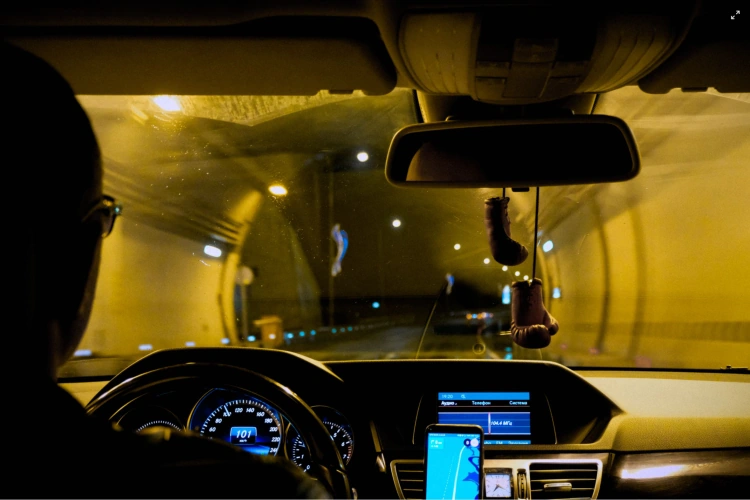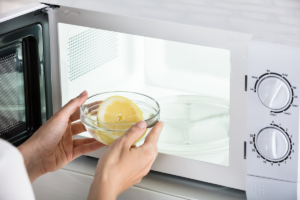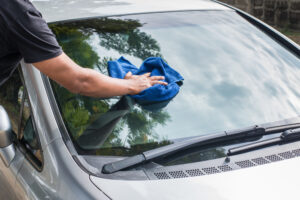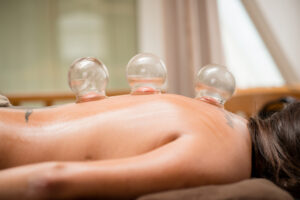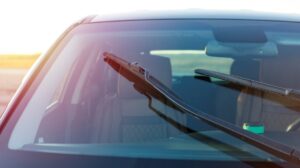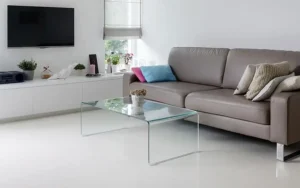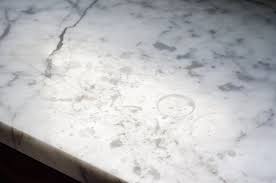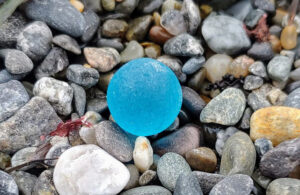If you’re like most people, you probably think that blue light glasses are all about protecting your eyes from screens. But did you know that they can also help with night driving?
That’s right – blue light glasses can help reduce the glare from oncoming headlights, making it easier to see the road ahead. So if you’re looking for an edge while driving at night, give them a try!
Introduction
It is a common misconception that blue light is only harmful at night. However, studies have shown that blue light exposure can have negative effects on your health even during the daytime. One of these effects is its impact on your ability to drive at night.
While blue light glasses will not completely eliminate the impact of blue light on your night driving, they can help reduce the amount of blue light that reaches your eyes. This, in turn, can help improve your night vision and make it easier to see the road ahead.
What are blue light glasses?
Blue light glasses are a type of eyewear that is designed to block out blue light. Blue light is a type of light that is found in both natural sunlight and artificial light sources, such as LED lights. Exposure to blue light has been linked to a number of health concerns, including eye strain, migraines, and sleep problems. Blue light glasses are often marketed as a way to reduce the risks associated with blue light exposure.
How do blue light glasses work?
According to the American Optometric Association, blue light is a type of short-wavelength, high-energy visible light. HEV light is found in sunlight and in artificial light sources like LCD screens, LED lights and fluorescent lights.
Some research suggests that too much exposure to blue light may damage the retina, the sensitive tissue at the back of the eye that helps you see. Blue light glasses work by filtering out some of the blue light that comes from these types of artificial lights. This can help reduce eye fatigue and strain, and may even help you sleep better at night.
There is no definitive evidence that blue light glasses are completely effective at preventing all forms of eye damage. However, wearing them may help reduce your risk of developing certain conditions, like macular degeneration or cataracts. If you’re concerned about blue light exposure, talk to your eye doctor about whether blue light glasses are right for you.
The benefits of blue light glasses
It is a common misconception that blue light glasses are only effective for those who experience digital eye strain. In fact, blue light glasses can also help with night driving.
Digital eye strain is caused by the blue-violet light that is emitted from our screens. This type of light is short-wavelength, meaning it flickers more than other colors and can cause eye fatigue.
Night driving presents its own set of problems, as the human eye is not very good at seeing in low-light conditions. This is where blue light glasses can help, as they block out the blue-violet light that can cause eye fatigue.
Blue light glasses can help you see better at night by:
·Reducing glare from oncoming traffic
·Improving contrast and clarity
·Helping you to stay alert and focused
The drawbacks of blue light glasses
While blue light glasses can help to reduce glare and eye strain, there are some drawbacks to be aware of. Blue light glasses can cause colour distortion, making it more difficult to see traffic signals and other important objects. Additionally, blue light glasses can make it more difficult to see in low-light conditions, such as at night or in tunnels. If you wear blue light glasses while driving, be sure to take them off if you find yourself in a situation where they are causing more harm than good.
Are blue light glasses effective for night driving?
It is a common belief that blue light glasses help with night driving, but there is little scientific evidence to support this claim. Some studies have shown that blue light glasses can help reduce glare from oncoming headlights, but it is unclear if this benefit extends to night driving in general. If you are considering using blue light glasses for night driving, it is important to talk to your eye doctor first to ensure that they will not worsen your vision.
How to choose the right blue light glasses
Choosing the right blue light glasses can be a bit overwhelming. With all of the different brands, styles, and materials available, it’s difficult to know where to start.
To help you out, we’ve put together a quick guide on how to choose the best blue light glasses for you.
First, consider what you will be using them for. If you are looking for glasses to help with night driving, you will want a pair that blocks out a high percentage of blue light.
Next, take into account your budget. There are many great options available at different price points.
Finally, think about style. With so many different frames available, you can find a pair that fits your personal aesthetic.
No matter what your needs are, there is a perfect pair of blue light glasses out there for you.
Conclusion
Whileblue light glasseswill not completely eliminate the risk of night driving accidents, they may help to reduce the severity of accidents by making it easier for drivers to see potential hazards in the road.
